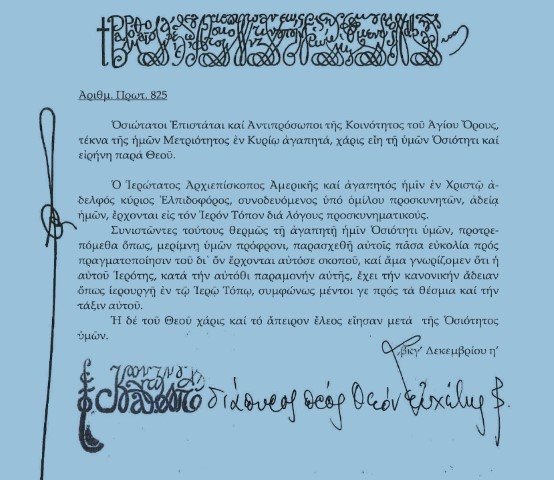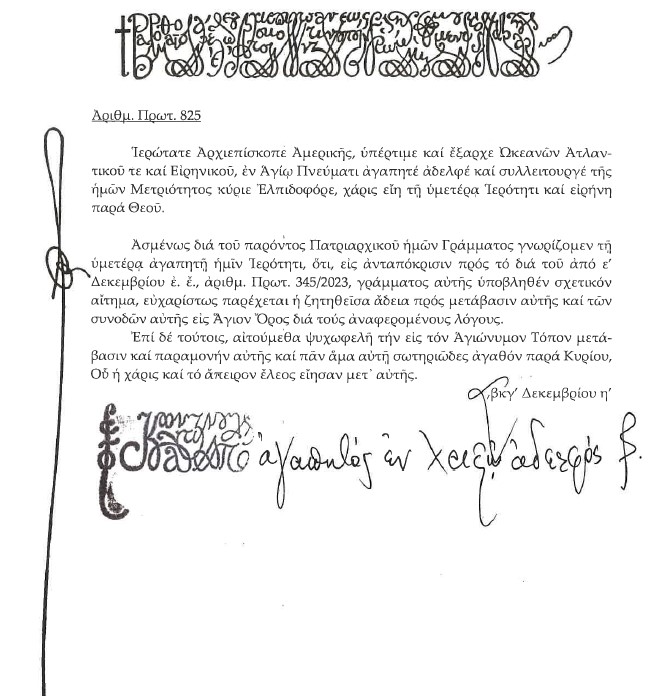by Stelios Taketzis
The term “fake news” may be a neologism, but its roots trace back to ancient times under the name “pseudangelia” in Greek, meaning “false report.” The historical references, like the lie about Alexander’s death or Agamemnon’s deceitful letter, highlight its enduring presence. On the one hand, the Thebans said that Alexander the Great had supposedly died, in order to boost the morale of their warriors (this did not turn out very well for them). On the other hand, the letter of Agamemnon to Clytemnestra said to send their daughter Iphigenia to Aulis to marry Achilles while the real purpose was to sacrifice her.
For us, the people of Constantinople, the repercussions of fake news hit close to home. The 1955 false report about the destruction of Mustafa Kemal’s birthplace due to a bomb at the Turkish consulate in Thessaloniki led to devastating consequences, igniting violence against Greeks; An angry mob in Constantinople started destroying, raping, and killing the Greeks living in the city. They looted, desecrated, and destroyed our properties, cemeteries and institutions. The Constantinople pogrom marked a significant decline for our community in Constantinople.
Regrettably, fake news has struck again, this time targeting Archbishop Elpidophoros of America, a charismatic and respected leader in my opinion, not only because of his title but also because of his personality.

A recent headline falsely suggested that Mount Athos labeled him “persona non grata” in a letter sent to the Ecumenical Patriarch. It was referring to the Archbishop’s upcoming visit in Thessaloniki and pilgrimage to Mount Athos.
However, the truth reveals a baseless association with a reflection on a photo from a baptism that took place in Greece two years ago. The parents of the infant were a same-sex couple.
There is a huge difference between “a reflection on a photo” and “persona non grata.” In the age of careless journalism and unverified news dissemination, this fabrication spiraled out of control, spreading despite its glaring inaccuracies. Few journalists took the time to investigate or rectify the misinformation.

The online newspaper voria.gr states: “We did not say that the Archbishop was undesirable, as it is erroneously spread in the media. We accept people of other religions. We could never forbid the entry of an hierarch let alone the Archbishop of America. We simply expressed our concern about the decision he took but in no case did we ask the Ecumenical Patriarch to tell him not to come.” This was stressed to voria.gr by sources from Mount Athos, estimating that the relevant information is “coming from the other side of the Atlantic,” that is the USA.
The absurdity reached comical heights and I’m sure that Moliere would write a theatrical play for our case called “The imaginary persona non grata” . Unfortunately, the issue is extremely serious and needs to be addressed.
Sadly, this isn’t an isolated incident. It’s part of a systematic attempt to slander the Archbishop of America, echoing past experiences. Social media amplifies these falsehoods, creating an illusion of division within the Greek community in the USA. It’s reminiscent of an arsonist crying “fire” after setting the blaze.
However, I am not in a position to know the exact reasons and motives of those who slander the Shepherd of the United States.
Obviously, the Archbishop, in his attempt to address the problems of the Archdiocese, he damaged the interests of some people, pushed some people past their comfort zone by taking away their privileges, and created enemies.
At the same time, however, a large number of believers deem him as a new, promising leader, with vision and appetite for work, struggling to secure the future of the Church and the Hellenism of America. A future that will combine the important history of the Patriarchate with modern society and the Greek heritage with today’s American reality.
A large silent majority loves and supports Archbishop Elpidophoros and his work. I see it, I hear it, I feel it. However, how long can this silent majority remain passive? It’s a question worth pondering as we witness the impact of these misleading narratives and the need for a more nuanced understanding of the truth.
Source: anamniseis.net / Article translated by: Konstantinos Menyktas















